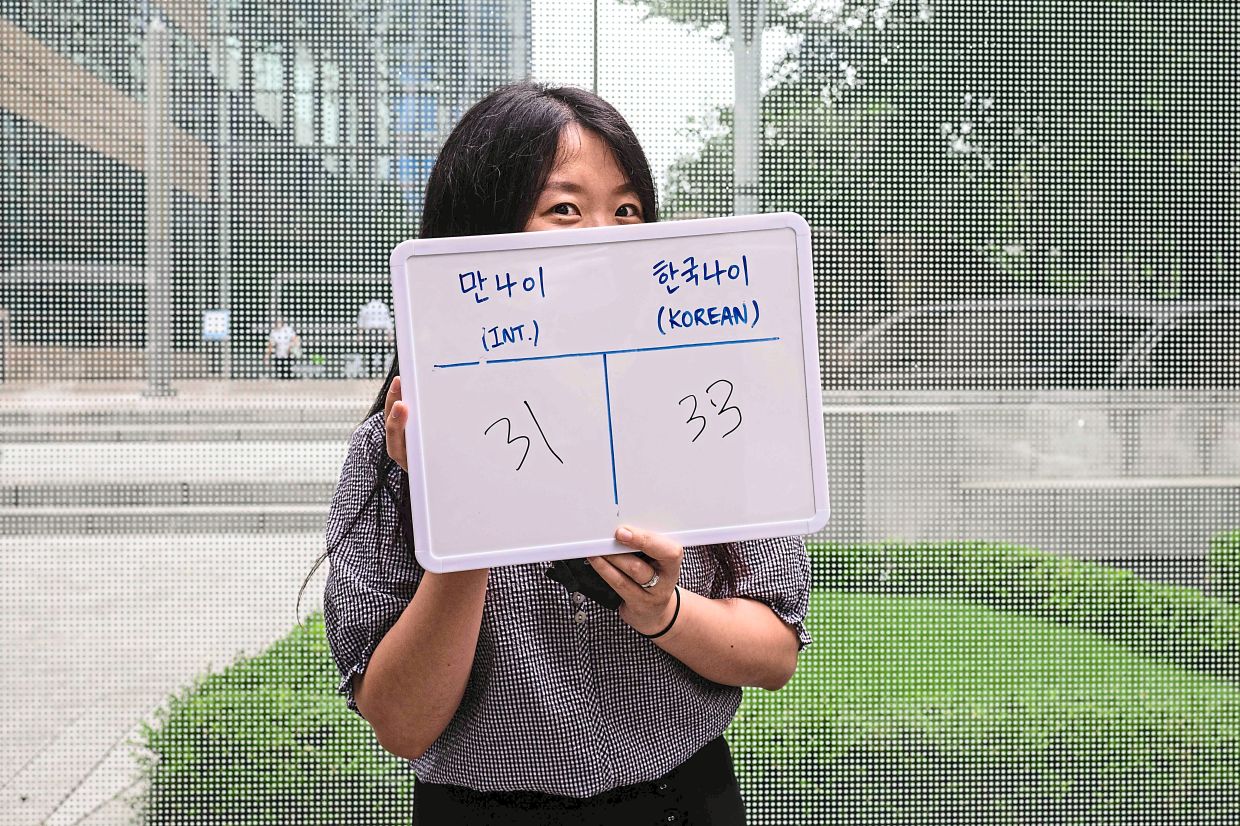South Korea, a vibrant nation situated in East Asia, has long been known for its unique approach to age calculation. While its neighboring countries have transitioned to the international system of determining age based on an individual’s actual birth date, South Korea has maintained a distinctive method that has set it apart. However, a momentous shift is underway, as South Korea prepares to bid farewell to its traditional age calculation system and embrace the internationally recognized standards.
Under the current age calculation system in South Korea, babies are deemed to be one year old at the moment of their birth. This practice acknowledges the months spent in the womb as the first year of life. Subsequently, as each new year commences, individuals in South Korea universally advance in age, regardless of their specific birth dates. This means that if a child is born on the last day of the year, December 31, they would be considered two years old on the very next day, January 1, a unique occurrence within the region.
However, starting from Wednesday, South Korea will undergo a significant transformation by adopting the international age calculation system, which aligns age with an individual’s precise date of birth. This change means that everyone in the country will officially become a year or even two years younger than they were under the previous system. The transition seeks to bring South Korea in line with global practices, fostering consistency and facilitating cross-cultural understanding in an increasingly interconnected world.
The decision to abandon the longstanding age calculation method has sparked a range of reactions and emotions among the South Korean populace. Many individuals have expressed excitement and enthusiasm, embracing the opportunity to be recognized for their actual age rather than being subject to the unique system. South Korea’s minister of government legislation encapsulated this sentiment, stating, “It feels good. For people like me who were supposed to turn 60 next year, it makes you feel like you’re still young.” The shift represents a chance for people to embrace a renewed sense of youthfulness and a fresh perspective on life.
Beyond the personal implications, this transition signifies a broader cultural shift within South Korea. It demonstrates the nation’s readiness to adapt to evolving global norms and standards, positioning itself as a participant in the interconnected global community. By embracing the internationally recognized age calculation system, South Korea aims to eliminate discrepancies and confusion when interacting with individuals from other countries. The shift will promote cultural understanding and pave the way for smoother international exchanges.
As the last remaining East Asian country to adhere to the unique age calculation method, South Korea’s decision to adopt the international system holds significant significance. It symbolizes the nation’s willingness to embrace change and harmonize its practices with the rest of the world. The transition not only enhances South Korea’s ability to engage seamlessly with other nations but also strengthens its position as a global leader in cultural integration.
In conclusion, South Korea’s impending adoption of the international age calculation system represents a monumental step forward for the nation. By departing from its long-standing tradition and embracing globally accepted standards, South Korea acknowledges the importance of conformity in an interconnected world. The change brings individuals the opportunity to be recognized for their actual age, offering a renewed sense of youthfulness and vitality. Moreover, the transition fosters cross-cultural understanding and positions South Korea as a modern, forward-thinking nation prepared to embrace global practices.




